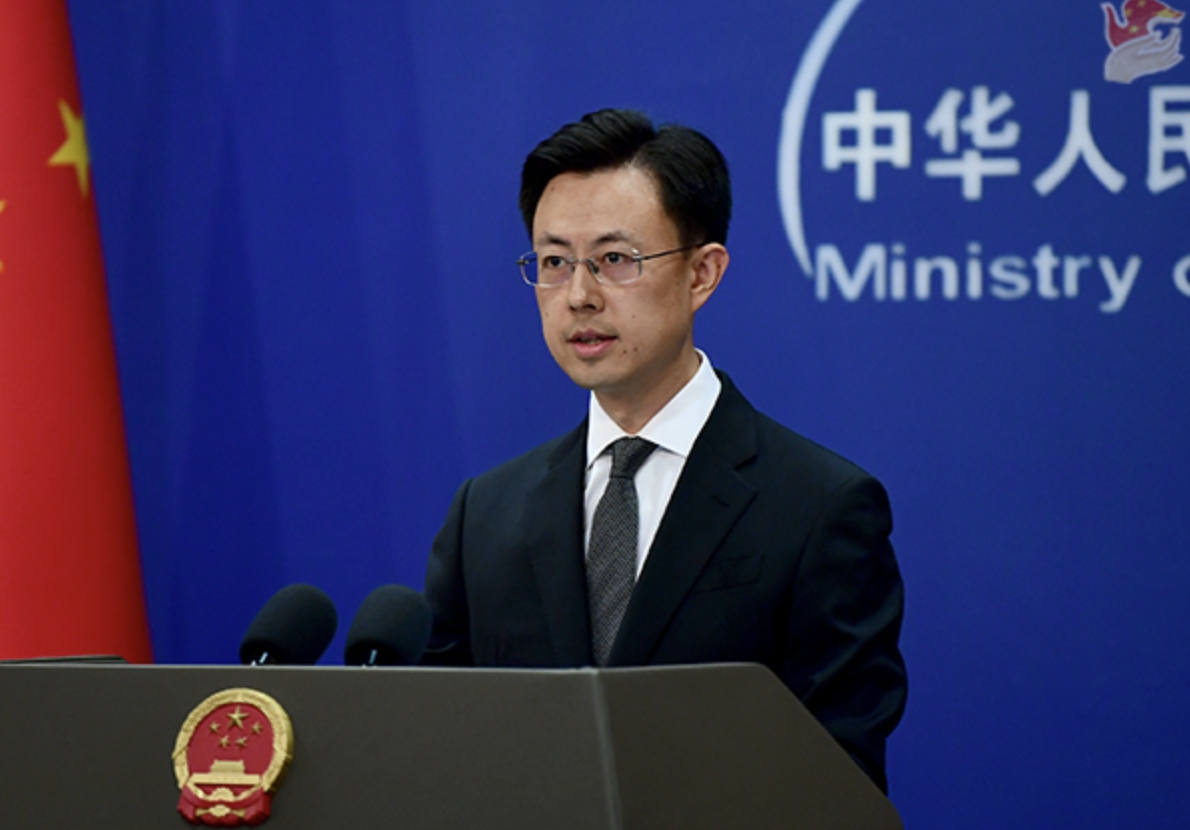Shandong Yanggu Huatai Faces Regulatory Challenges in Growth

In a notable development within China’s corporate landscape, Shandong Yanggu Huatai Chemical Co., Ltd. has initiated a suspension of its review for a transaction involving the issuance of shares for cash purchase of assets. This move, coupled with the need to adjust the transaction scheme, signals both a strategic recalibration and an acknowledgment of regulatory complexities that companies in China often face. Such adjustments raise significant questions about the evolving dynamics within the regulatory environment of the financial markets, particularly as they pertain to asset acquisitions.
The company’s suspension request is rooted in regulatory inquiries received from the Shenzhen Stock Exchange, the country's primary exchange for innovative and growth companies. The regulatory bodies' scrutiny can be traced back to broader economic headwinds influencing the market, including tightening liquidity and geopolitical uncertainties. While the company emphasizes its commitment to engage with intermediary institutions to resolve these matters swiftly, this incident highlights a broader trend within the Chinese market: increasingly stringent regulatory oversight aimed at maintaining market integrity. However, how this increased scrutiny will impact future corporate strategies remains to be seen.
Historically, comparisons can be drawn to the regulatory landscape during the aftermath of the 2008 financial crisis, when stringent compliance was necessary to restore investor confidence. Yet, this raises the question: At what point does regulatory engagement become an impediment to corporate agility? For Shandong Yanggu Huatai, while the immediate risk of transaction delay looms large, the long-term impacts could reverberate through its financial stability and investor sentiment. This duality presents both risks and opportunities for stakeholders. Investors need to assess not only the potential for growth that the asset acquisition could bring but also the regulatory environment that could complicate or derail those plans.
In conclusion, while the suspension of the transaction review suggests a necessary recalibration for Shandong Yanggu Huatai amid a complex regulatory backdrop, it also emphasizes the importance of adaptability in today’s economic climate. Investors and market analysts must maintain a watchful eye on the evolving regulatory narrative that could define the trajectory of corporate strategies. The balance between regulatory compliance and operational flexibility will be critical for companies navigating similar paths in the future, making it a key focal point for institutional investors looking to mitigate risks while capitalizing on growth opportunities in a rapidly changing market environment.
Read These Next

Chinese FM warns against protectionism amid US tariffs on goods
China's Foreign Ministry criticized the US's 40% tariff under Trump, calling it harmful to global trade and relations.

Governance Changes at Hanbang Technology: Key Insights
Analysis of recent changes at Hanbang Technology Co., Ltd., highlighting the strategic shifts, financial trends, significant events, and associated risks.

Cramer on Fed's reluctance to cut interest rates
Jim Cramer analyzes the Federal Reserve's decision to keep interest rates steady amid mixed economic signals, exploring implications for various sectors and consumer behavior.
